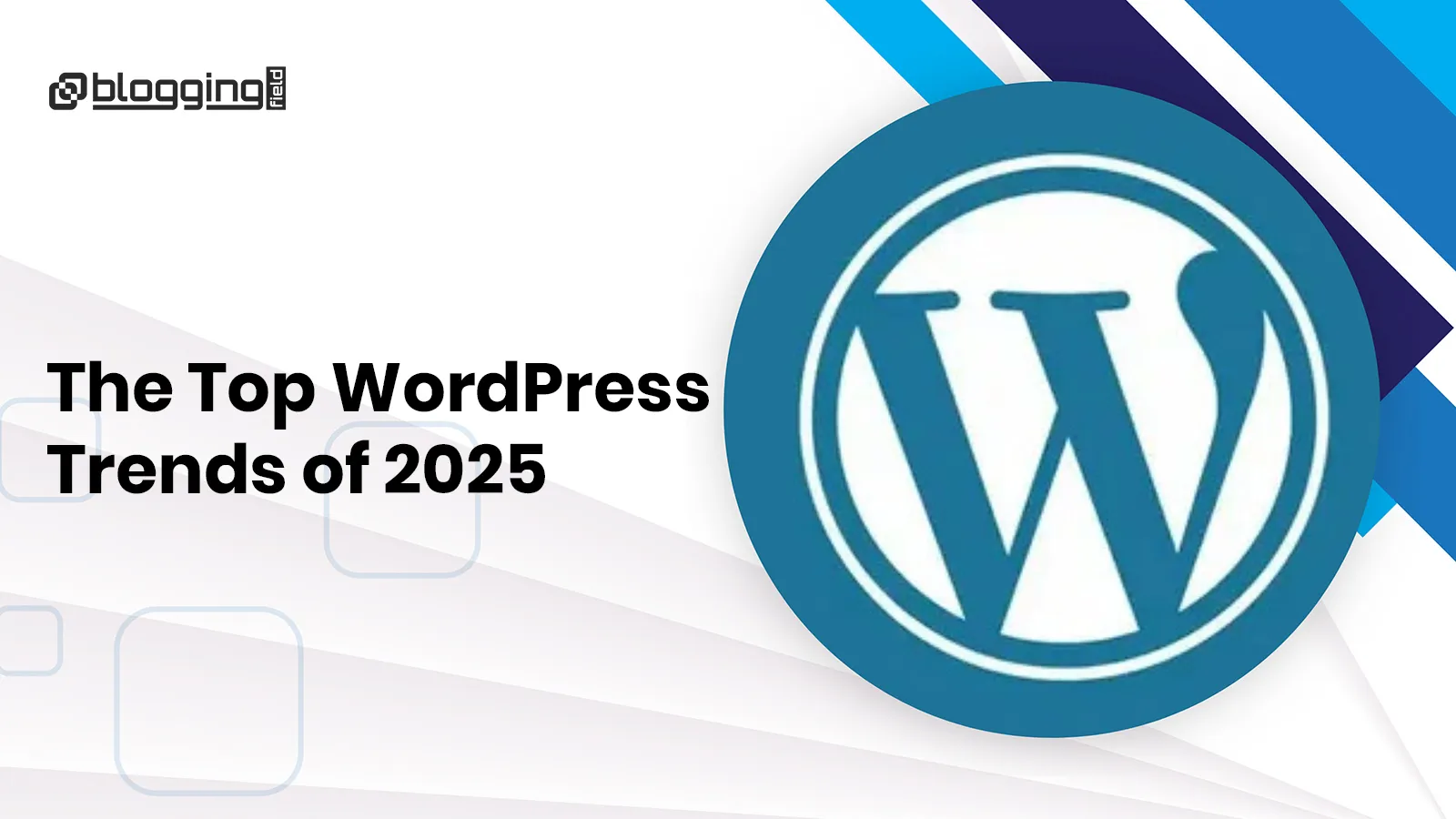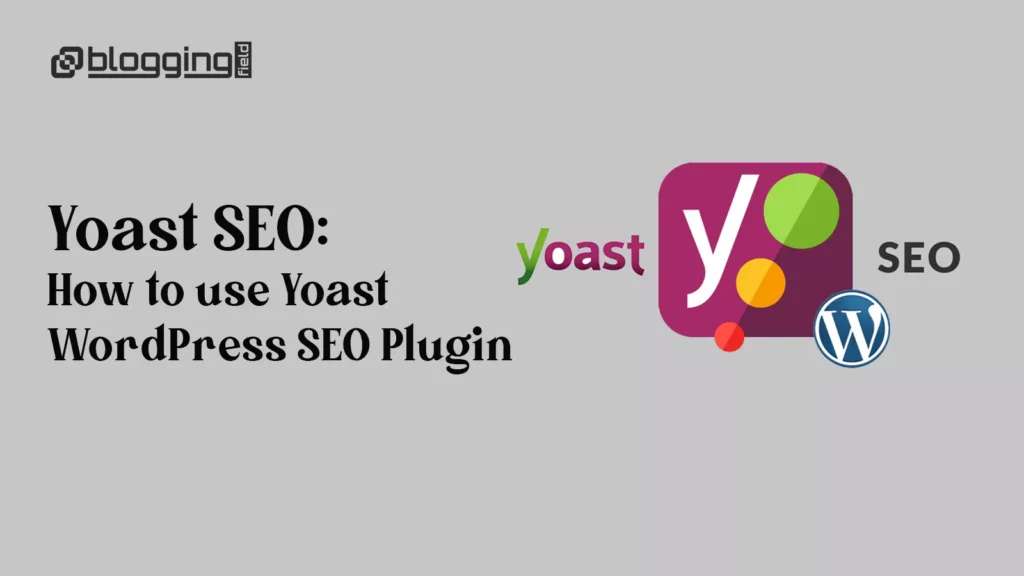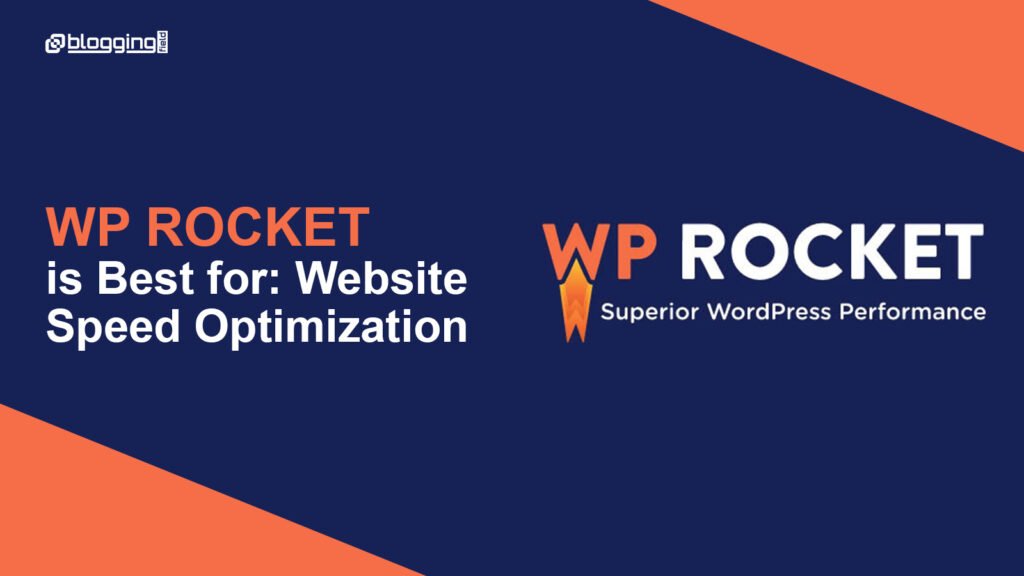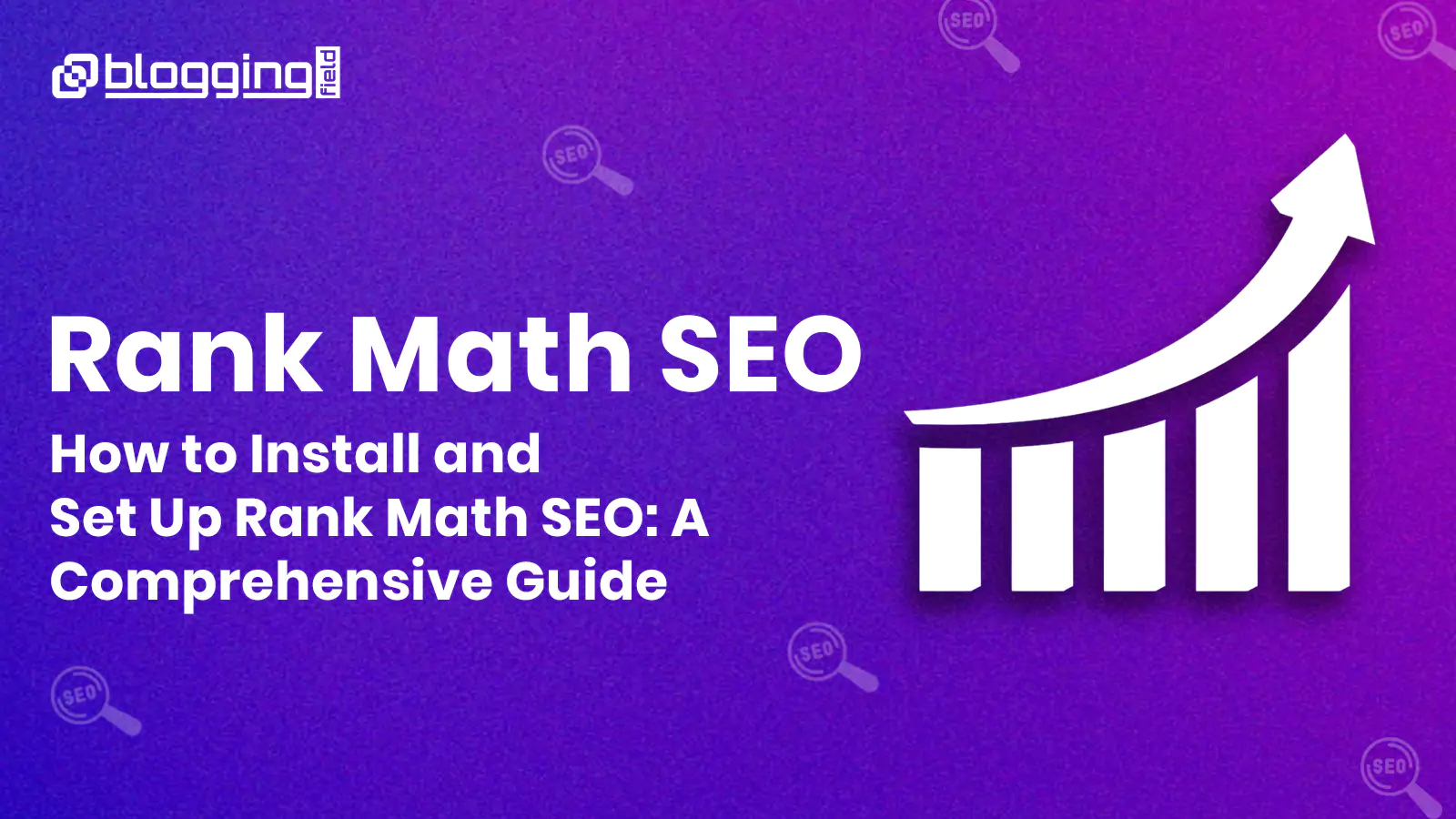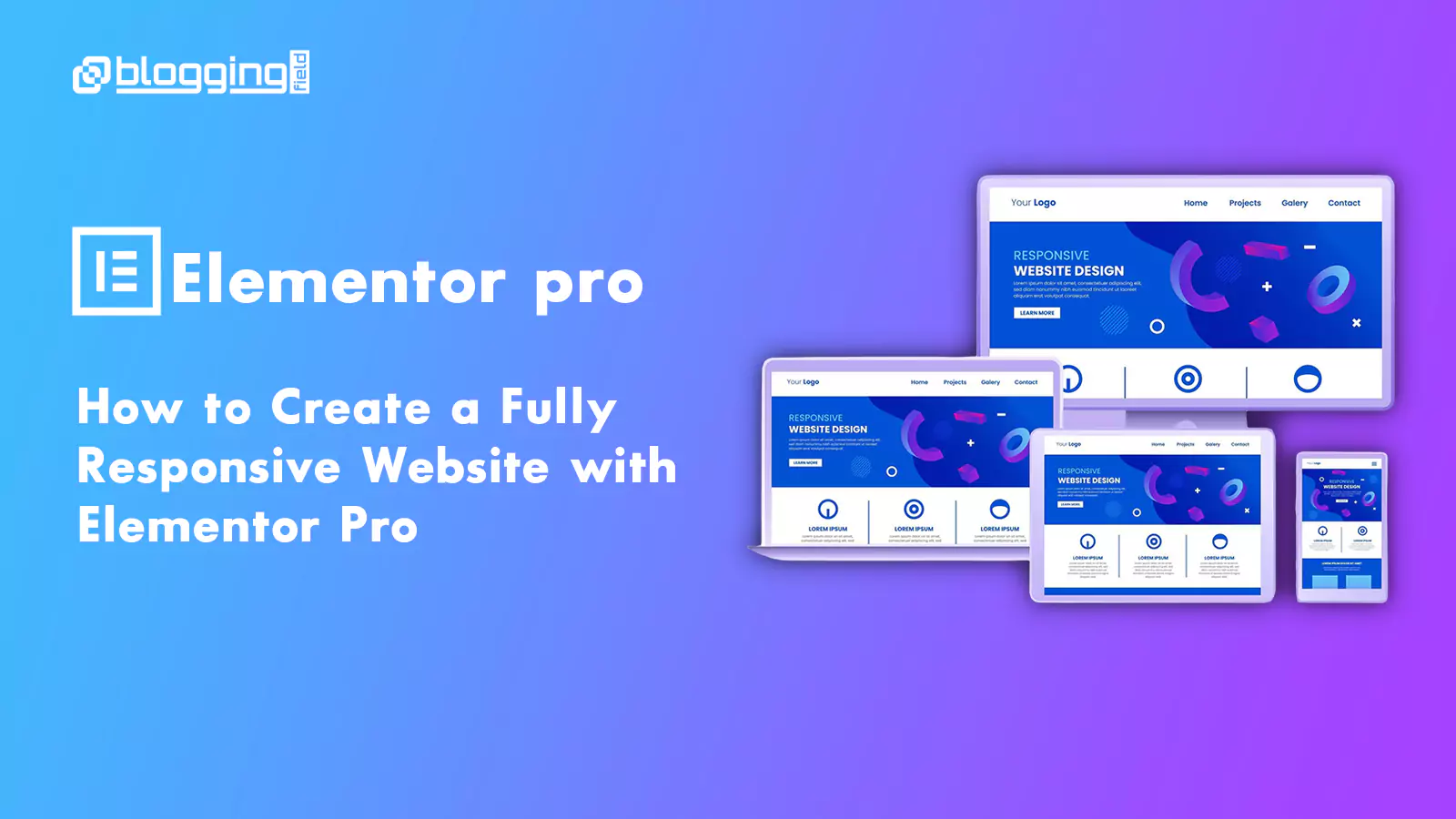Introduction
With over 43% of all websites powered by WordPress, staying updated with the latest trends is essential for web designers, developers, businesses, and bloggers. In 2025, WordPress continues to evolve rapidly with advanced tools, AI integration, improved performance, and user-friendly design features. Here’s what you need to know to stay ahead.
Top WordPress Trends of 2025
1. Full Site Editing (FSE) Goes Mainstream
Full Site Editing (FSE) has revolutionized WordPress theme customization in 2025. With the evolution of block themes and the Gutenberg editor, users can now visually edit headers, footers, templates, and global styles without touching code. FSE empowers developers and non-tech users alike to design and modify every part of their site directly within the block editor. As WordPress continues to enhance the block experience, FSE is replacing bulky page builders and simplifying theme development for better speed and cleaner codebases.
2. AI-Powered Plugins and Content Generation
AI is no longer a luxury—it’s a necessity. In 2025, AI-powered WordPress plugins like Elementor AI, RankMath AI, and GetGenie AI are helping users write blog posts, generate SEO titles, create layouts, and even auto-suggest content improvements. These tools improve productivity and consistency, especially for agencies and bloggers managing multiple websites. Integrating AI into WordPress not only accelerates content creation but also enhances on-page SEO and user engagement effortlessly.
3. Headless WordPress Architecture
Headless WordPress is gaining serious momentum in 2025. By decoupling the backend CMS from the frontend, developers can use technologies like React, Vue.js, or Next.js to deliver lightning-fast web experiences. APIs like REST and GraphQL connect WordPress content to any frontend interface. This trend is especially beneficial for startups, SaaS platforms, and apps requiring dynamic performance. Headless WordPress offers scalability, SEO-friendliness (with SSR support), and the flexibility to create futuristic digital experiences.
4. Performance Optimization Becomes Critical
Page speed and Core Web Vitals are now non-negotiable. In 2025, WordPress site owners are aggressively using tools like WP Rocket, LiteSpeed Cache, and Smush Pro to optimize performance. Hosting providers are offering built-in CDN and server-side caching, while developers adopt techniques like lazy loading, deferred scripts, and image compression as standard practices. Fast-loading websites rank better in Google and deliver superior user experience, especially on mobile.
5. No-Code/Low-Code Website Building
No-code and low-code tools have democratized website building in 2025. Builders like Bricks Builder, Breakdance, and the latest Elementor 4.0 are empowering entrepreneurs, freelancers, and small business owners to launch professional websites without writing a single line of code. With drag-and-drop UI, pre-made templates, and AI-enhanced design suggestions, users can build landing pages, eCommerce stores, and portfolios quickly, reducing time-to-market and development costs significantly.
6. Dark Mode and Accessibility-First Design
User-centric design is at the forefront in 2025, with more WordPress themes offering dark mode toggles and built-in accessibility features. ADA compliance and WCAG 2.2 standards are now critical for SEO and legal protection. Developers are using tools like WP Accessibility Helper (WAH) to make sure their sites are usable for everyone, including users with disabilities. Prioritizing accessible design ensures higher engagement, broader reach, and trustworthiness.
7. Voice Search and Visual Search Optimization
With more users searching using smart speakers and visual platforms, optimizing WordPress for voice and image search is crucial in 2025. Plugins like Schema Pro, Yoast SEO, and Google Site Kit help structure content for better voice query results. Optimizing images with proper alt text, titles, and image schema boosts visibility in Google Lens and mobile search. Voice and visual search compatibility are game-changers for local SEO and mobile-first indexing.
8. Security-First WordPress Development
Cybersecurity is one of the hottest WordPress trends in 2025. With increasing online threats, website owners are doubling down on protection. Tools like Wordfence, Sucuri Security, and iThemes Security Pro are essential for firewalls, 2FA, malware scanning, and login protection. Developers are moving towards secure coding practices, regular backups, and SSL-first deployments. Hosting providers also now bundle security audits and auto-patching features to prevent breaches.
9. SaaS Integration and Membership Sites
WordPress is no longer just a blogging platform—it’s a full-fledged SaaS engine in 2025. Tools like MemberPress, Restrict Content Pro, and WP Ultimo enable users to build monetized membership platforms, course portals, and SaaS products with recurring billing and tiered access. WooCommerce Subscriptions also plays a major role in subscription-based models. These integrations are key for creators, coaches, and tech entrepreneurs wanting to build scalable digital products.
10. Multilingual and Multi-Regional Website Optimization
As global reach becomes more important, WordPress sites are embracing multilingual optimization in 2025. Plugins like WPML, Weglot, and TranslatePress allow for seamless translation of content into multiple languages while maintaining SEO integrity. Combined with hreflang tags and region-based redirects, businesses can serve different countries with localized experiences. This significantly boosts international traffic, search visibility, and conversion rates.
Conclusion
These WordPress trends for 2025 show how the platform continues to evolve to meet modern demands—offering speed, flexibility, automation, and accessibility. By aligning your WordPress site with these trends, you future-proof your digital presence, improve SEO rankings, and enhance user satisfaction.
Frequently Asked Questions (FAQs)
How do I implement Full Site Editing on my WordPress site?
Use a block-based theme like Twenty Twenty-Four or install the Gutenberg plugin for access to full template editing via the Site Editor.
What is the best AI plugin for WordPress in 2025?
RankMath AI and Elementor AI lead the way in SEO content generation and smart layout suggestions.
How can I improve WordPress site security in 2025?
Install security plugins like Wordfence or Sucuri, enforce strong passwords, enable two-factor authentication, and use SSL.

